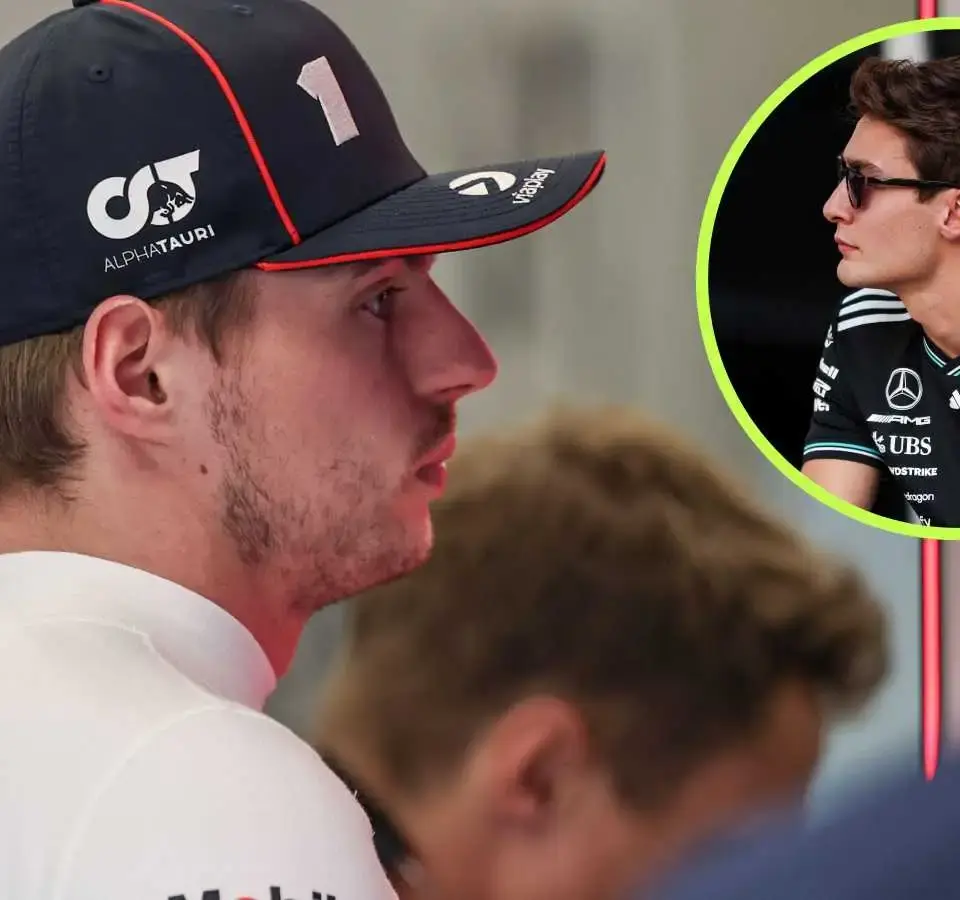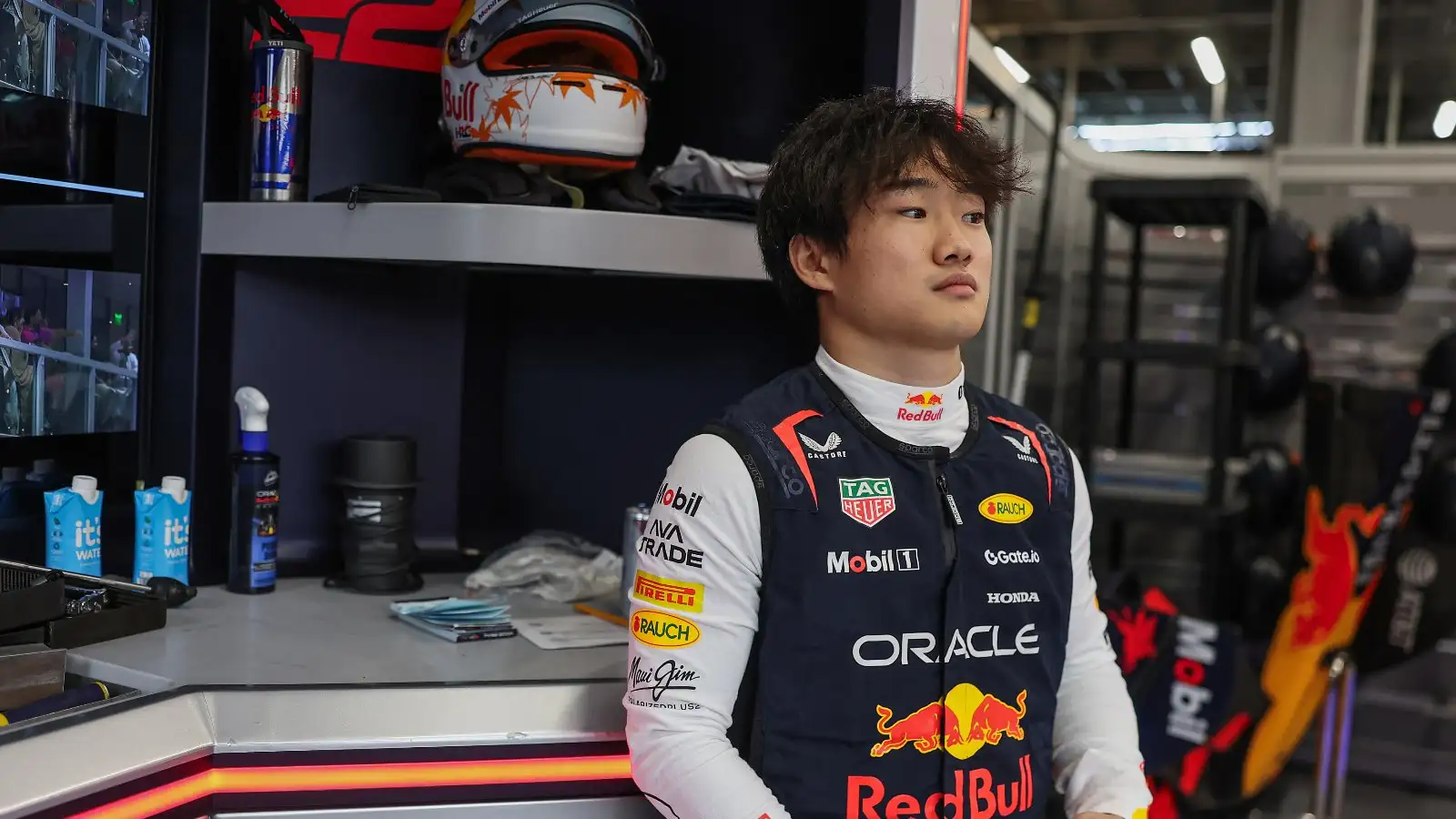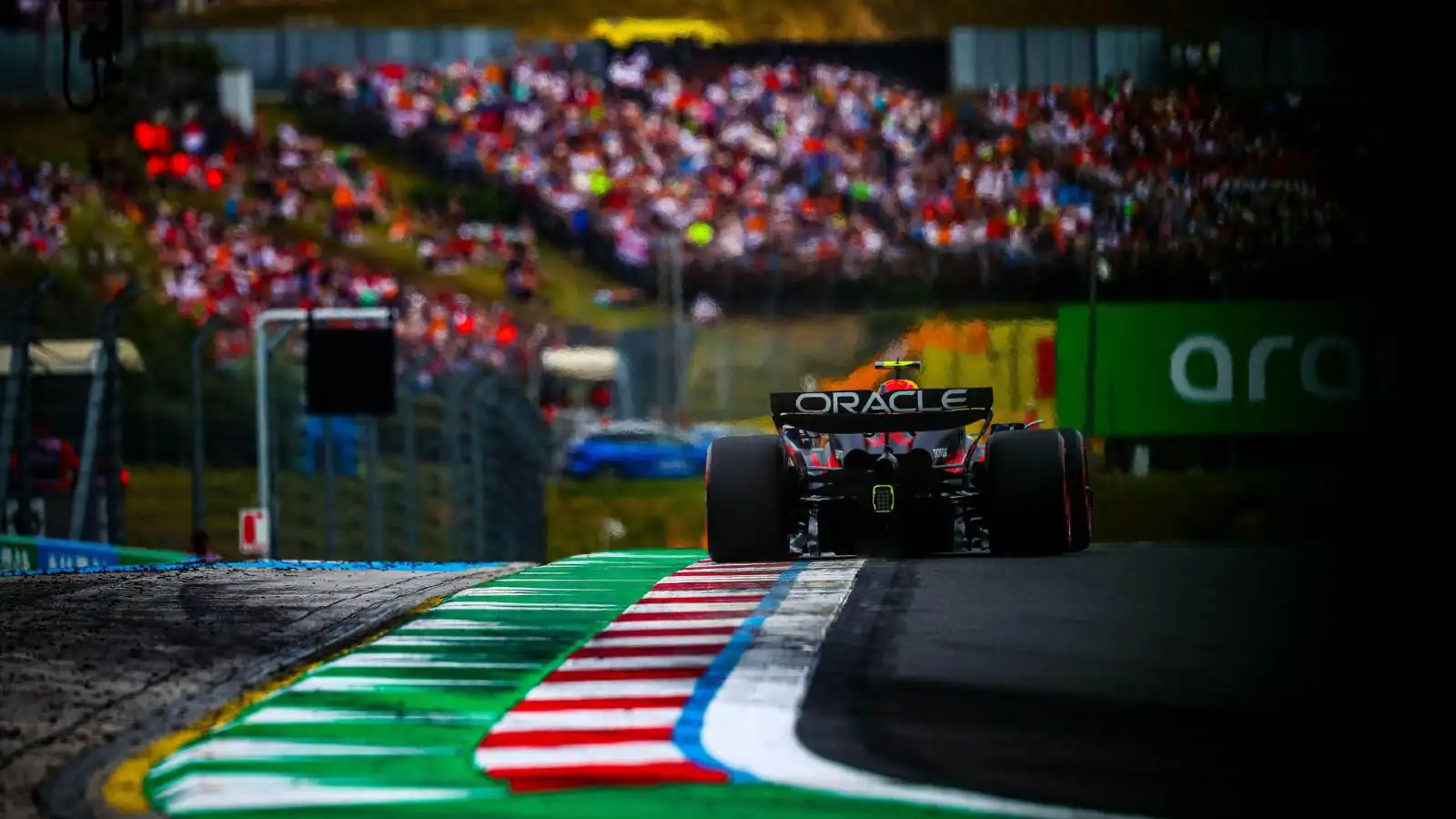Max Verstappen’s five-second penalty for exceeding track limits at the Saudi Arabian Grand Prix has sparked widespread debate.
In a dramatic start at the Saudi Arabian Grand Prix, Max Verstappen, driving for Red Bull, found himself in hot water after securing a position outside the track limits. The incident occurred during a fierce battle with Oscar Piastri at the first corner. Both drivers were eager to gain the lead, but Verstappen, aiming to outmaneuver Piastri, took a shortcut through the run-off area, placing himself ahead of the field.
The stewards, however, did not look kindly on this maneuver. After a thorough review consisting of positioning data, video footage, telemetry, and in-car video evidence, they concluded that Verstappen’s actions had given him an unfair advantage, culminating in a five-second penalty to be handed down at his first pit stop. According to the ruling, Piastri had a right to the corner, with Verstappen leaving the track to secure and maintain a lead unfairly.
George Russell of Mercedes weighed in on the situation, expressing surprise at Verstappen’s apparent lack of immediate response to the penalty. Russell remarked, “I was quite surprised he didn’t give the position back straight away, to be honest.” Despite this, Russell refrained from further commentary, stating he had nothing more to say.
Verstappen himself chose to remain largely silent on the upheaval, likely wary of further controversy. When questioned post-race by David Coulthard, he opted for brevity and discretion, noting it was better not to discuss the matter to avoid potential complications.
Reactions to the penalty have been divided. Some see the penalty as overly harsh, while others feel it was justified. Regardless of individual opinions, this incident highlights the need for a reassessment of the guidelines governing overtaking in the sport.
The Saudi Arabian Grand Prix’s opening lap incident has certainly added fuel to the ongoing discussions about race regulations. While Verstappen’s penalty remains a point of contention, the clarity and consistency of the rules governing such situations are under scrutiny, signaling potential revisions in the future.










